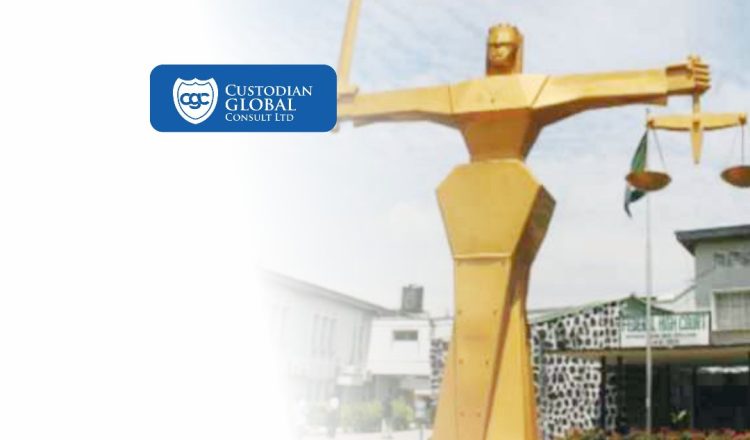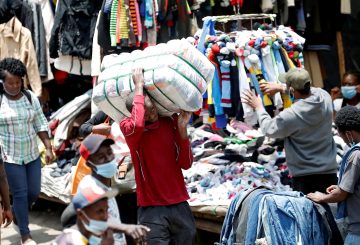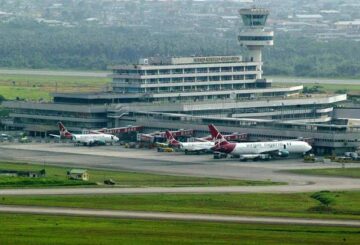The Federal Government of Nigeria has approached the Supreme Court with a plea to extend the validity of old naira notes as legal tender, challenging the court’s previous directive to keep them in circulation until December 31. The government’s move, prompted by printing complications, seeks to avert potential economic turmoil and public inconvenience.
Back in March, the Central Bank of Nigeria (CBN) had declared that N200, N500, and N1,000 banknotes from the previous series would remain lawful until the end of 2023. However, the recent application by the Attorney-General of the Federation, Lateef Fagbemi, requests the court to reconsider this timeline.
The government emphasizes the urgency of this extension, citing the CBN’s inability to produce the required volume of new notes for a seamless transition. The unforeseen printing challenges have left the central bank grappling with the ambitious goal of phasing out the old currency within the stipulated timeframe.
In the formal application, the Federal Government is seeking a revision of the court’s order and a review of its March 3 judgment, which allowed the coexistence of old and new notes until December 31. It argues that failing to secure this extension could lead to economic instability, referencing the turbulence experienced during the initial implementation of the naira redesign policy earlier in the year.
Expressing concerns over a potential recurrence of a national financial crisis, the government contends that allowing both old and new notes to circulate concurrently is essential for consulting with stakeholders and mitigating the risk of hoarding. The fear is that without a revised court order, the nation may face a situation reminiscent of the hoarding spree witnessed during the initial currency transition.
The government’s engagement with the 10 plaintiff states, representing the National Council of State and the National Economic Council, underscores its commitment to navigating this economic challenge collectively. The Supreme Court, recognizing the urgency of the matter, has scheduled a hearing for November 30, setting the stage for a crucial decision that could significantly impact Nigeria’s economic in the coming months.
- Tags: CBN, Court, federal government, Naira, Nigeria





